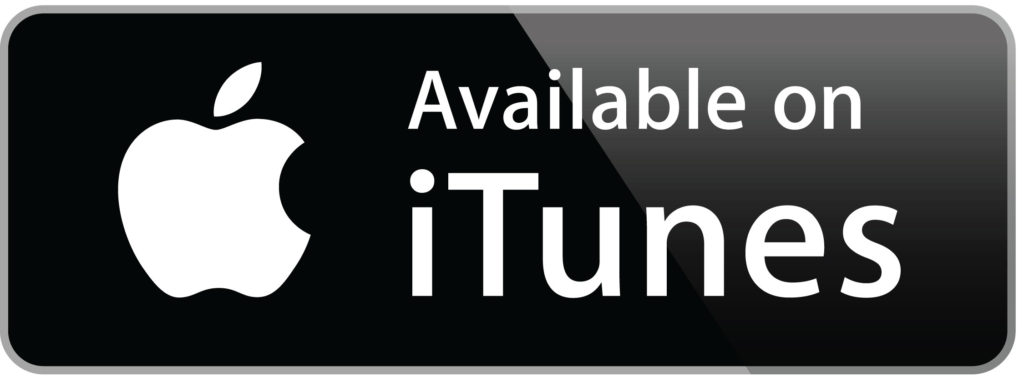This is the third “PILOT season” episode of Philosophy Bakes Bread from 2016, when it came out only as a podcast. This episode focuses on challenges for live and work that concern uncertainty and fear of the unknown. Philosophical ideas about the nature of knowledge can be of help, as well as some conceptual and practical tools for addressing or overcoming our worries.
(31 mins)
Click here for a list of all the episodes of Philosophy Bakes Bread.
Subscribe to the podcast!
We’re on iTunes and Google Play, and we’ve got a regular RSS feed too!
As this was one of the early, scripted episodes, we have a transcript of the whole episode, here below.
[Musical intro]
Coping with Uncertainty
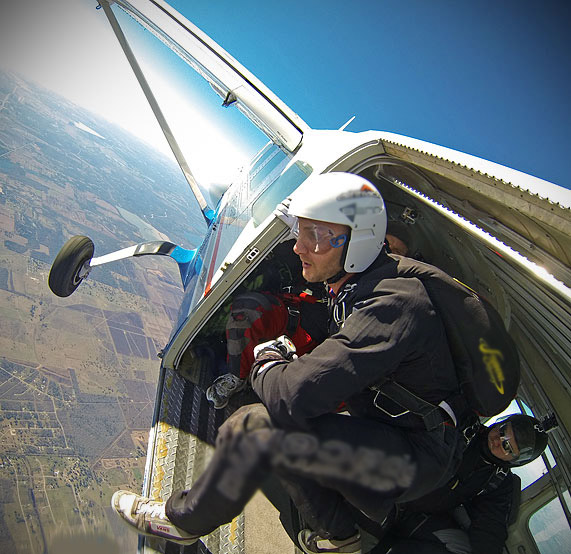
Sally has finished high school and always dreamed of going to college. She works with her mother in the family business. Her mother and father encourage her to go to college, as she has always wanted to do, but now she won’t talk about it. She would be the first person in her family to go, but now she says that the family needs her. Over time, she gets irritated when asked about it. Her parents have found ways to trim needs so that they could manage even if she weren’t able to work with her mother while in school anymore. When the subject is broached, sometimes Sally seems startlingly angry. Other times she cries and wants to be alone. In sober moments, she explains that she doesn’t know what she’d want to study, so she doesn’t see the point of going.
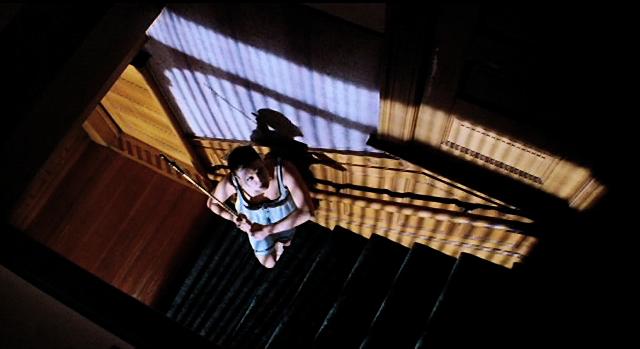
Welcome to Philosophy Bakes Bread, food for thought about life and leadership. This is Eric Thomas Weber.
Philosophy can help us to cope, myself included. If you had a chance to listen to the first episode of this series, you know that my own daughter around the time of her birth and in her first year suffered serious medical difficulties. While she is stable and healthy now, her start shaped conditions that she will face for the rest of her life. So, when my wife wanted another child, I felt some of the fright that comes from uncertainty. We did not choose for our daughter to suffer the injuries she did. “If we have another child, we will be consciously taking that risk,” I thought to myself. While the chance of anything like what happened to my daughter happening to a subsequent child was and is infinitesimal, it was not zero. I was scared. As I said in the first episode, I am so grateful that my wife wasn’t. Our son’s start was so simple that I’ve often had to shake off my surprise when things just come naturally and without any effort for him.
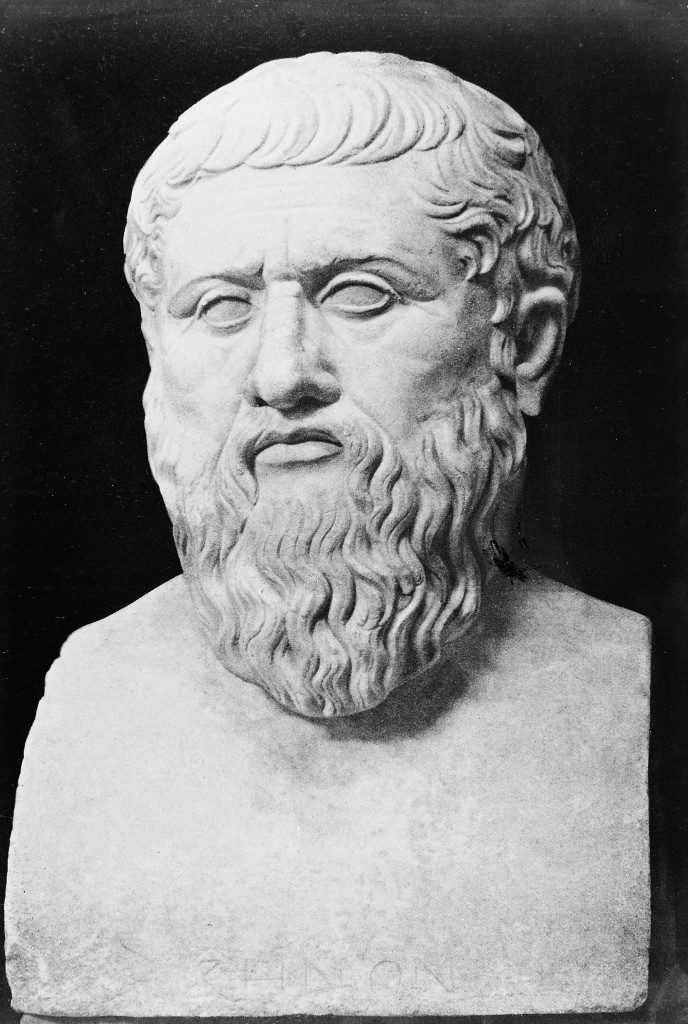
If it is natural to want knowledge, to love wisdom, and to fear the unknown or the uncertain, Plato’s dog analogy has yet to be of any help. Jack, Sally, and I can realize that our fears are normal, but that may not offer any relief about our worries. What can help, however, are some reflections on the nature of knowledge, as well as some conceptual tools we can use to make the uncertain less scary.
The nature of knowledge is one of the three major topics of philosophy, which is formally referred to as epistemology. That’s an ugly word that I won’t repeat, but it might help to know that it’s made up of episteme, which means “content knowledge,” such as that 2+2=4 or that Alabama borders Georgia. “-Ology” as in “Biology,” “Psychology,” etc, refers to the logic of, or really the study of or explanation of – in this case, knowledge.
Many philosophers think that the most important questions of philosophy are about the nature of knowledge. After all how can you be wise without knowledge? While there is some merit to that outlook, one of the most important insights of Western philosophy involves the recognition of the fact that human beings know so little. The Socrates that we read in Plato’s works explains that if there is anything he knew better than others of his day, it was his ignorance. He at least knew that he didn’t know the nature of things like justice, knowledge, or God. He wanted to know, and in that pursuit, he was often at least able to figure out what beliefs he or others had that were not right.
A nice example of Socrates eliminating one kind of belief is about justice, a central topic in the Republic. If justice is “Giving each what is his or hers,” then there is a difficult situation, Plato’s Socrates says. Imagine a friend of yours loans you a weapon, which you put in safe keeping. One day soon thereafter, your friend comes to you highly intoxicated, furious, and in tears. I’ll call him Mad Matt. He wants his gun and says he’s going to shoot “her,” or worse, that “he’s going to kill them all!” Knowing your friend, that attitude is not normal. If justice is “giving each what is his or hers,” then that might mean that you are obligated in the name of justice to return his weapon then and there.

In these ways, Socrates shows us some challenges for understanding ideas like justice. For Plato, Socrates’s greatest student, knowledge begins first with wonder. As Epictetus once asked, “How can you learn what you think you know?” You don’t try to learn best ways of tying your shoes when you know how to tie your shoes in the way you assume to be best. Socrates’s questions make us uncomfortable, they sting us, especially when we think we have a strong grasp on right or wrong, or justice, or knowledge. The famous metaphor is that Socrates is a gadfly, the fly that stings the horse that is your mind in the rear end, getting it to start racing. The sting is uncomfortable, it is almost scary, like the fear we have of the dark, or of whatever that thing was that slithered against your leg under opaque water!
The good news is that recognition of our ignorance is the starting point for learning. A professor of mine once gave me the best advice I have ever received about careers in academia, and it relates to this Platonic insight. He asked me “How are you at handling criticism?” Unsure myself, I nevertheless felt confident enough to say that “I’m ok at it.” He followed up with the advice that “If you can take criticism well, you’ll go very far.”
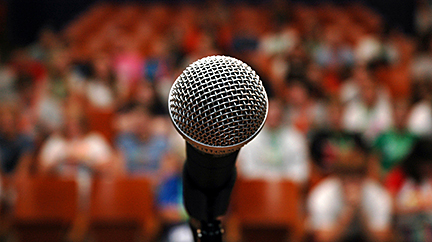
Why are we afraid of public speaking? Speaking in front of people is a performance. People stare at you. You can’t take back the words you say, and you might say the wrong words. Worse, some people think, would be if you didn’t know what to say when other people expected you to. They might laugh. They might criticize you. Some people want to run out of the room and throw up, something that once happened in one of my courses.
These fears are real, and they illustrate some of the challenges that can be solved with thought about knowledge. First, to take criticism well, as my professor put it, is to realize that criticism is one of the most important ways in which we learn anything. When someone laughs about or criticizes the way I tie my shoes, his or her reaction may be wrong or wrongheaded, but maybe not. That reaction can get me to think about the matter, however, and might precede an explanation of how to do better.
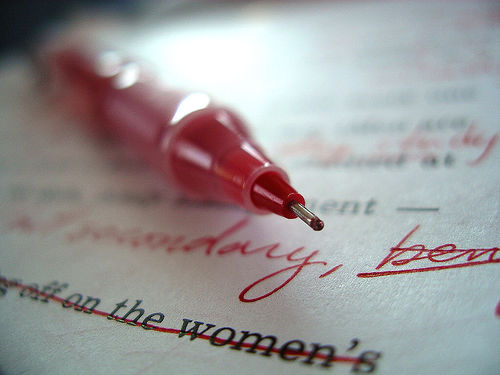
Recognizing that criticism is all but inevitable, the next step is to see it for what it is: feedback. Either criticisms are empty, or they have something true to offer. In the former case, you can appreciate genuine efforts to be constructive, dismissing empty or wrongheaded feedback, or if people were mean, you can let the empty ugliness roll off you like water. In the latter case, you have been offered something invaluable: insight about how to do better. If you assume that all of your efforts must be perfect, you’ll be neither productive nor happy with anything you produce. Recognizing the limitations of human finitude both in the quality of our work and in our knowledge, you can realize that nothing you do will ever be perfect, and if you’re productive, you’ll be criticized. When you’re ready to make the most of substantive feedback, and to ignore or forget about empty criticism, you become a better writer, artist, public speaker, or whatever it is you do.

So, if knowledge begins with recognizing ignorance, and if humanity is inherently limited by our finitude and imperfection, there are two common reactions. The first is to think that inaction is really the best response. What’s the point anyway? Why make all that effort if one’s work and life are going to be flawed no matter what you do? This is the attitude of despair. That attitude asks what’s the point of having police or hospitals or governments or schools. We don’t really know anything with certainty anyway, so aren’t we just teaching ignorance to the ignorant?
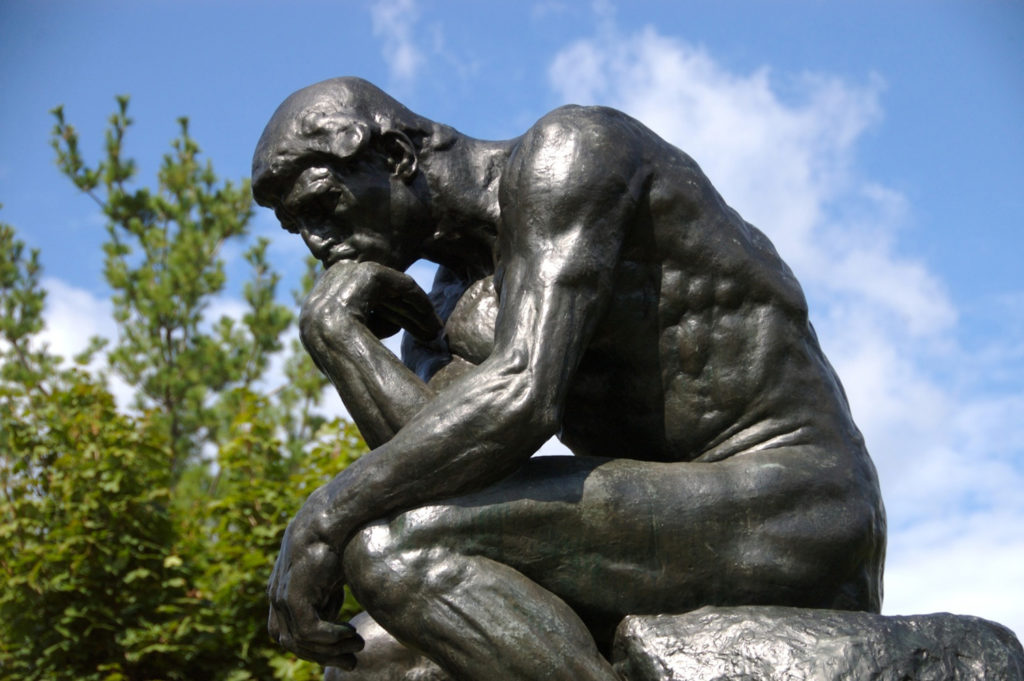
There are people who try to construct a system of knowledge based on certainty. The problem always seems to be getting out of the ideal realm of logic and language. As soon as we need to deal with the real world of our senses and emotion, the idea of certainty seems to elude us. Such are Jack’s fear of diving into starting his own business and Sally’s worry about enrolling in college. These are matters in the real world, where decisions and predictions depend on probability and sensing, rather than deduction or certainty. My own problem was also about probabilities, though I see now that I was being irrational. They and I wanted certainty, and absent that, we favored inaction, keeping things as they were, not stepping foot into opaque waters.
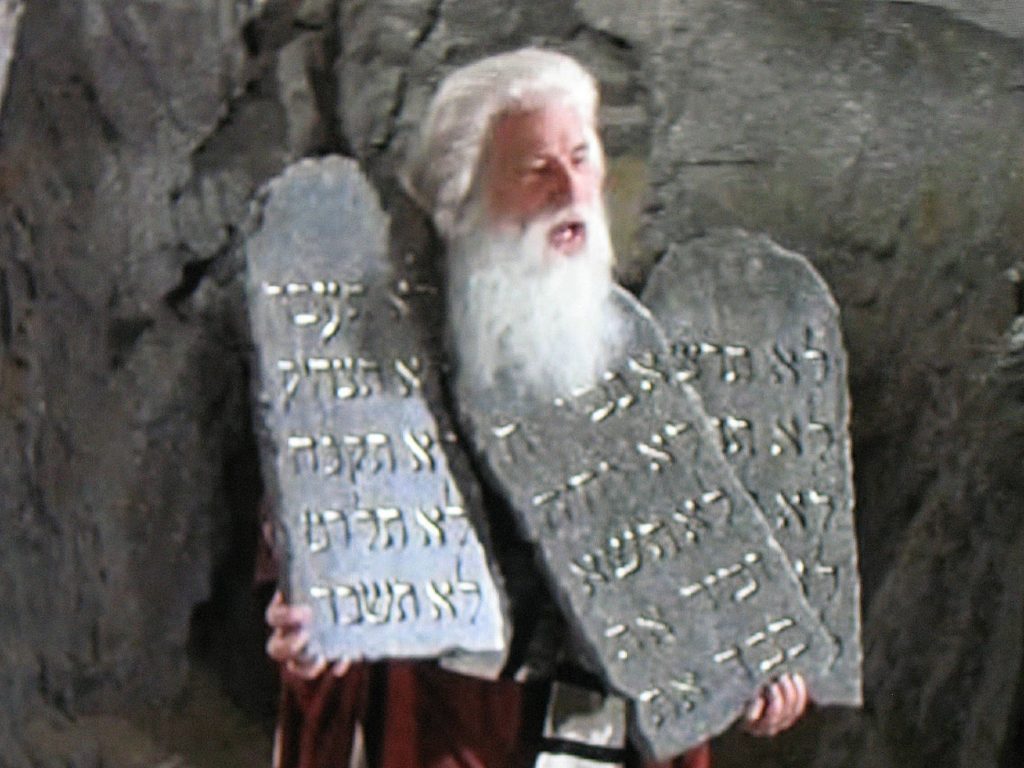
Faith is a good thing, even to the religiously unaffiliated, or at least it is inevitable, according to George Santayana. Not all faith is a good thing, of course. Belief that the Lord will catch me before I hit the ground is not a good thing when standing atop a building, in particular if your belief is literal and physical, rather than metaphorical.
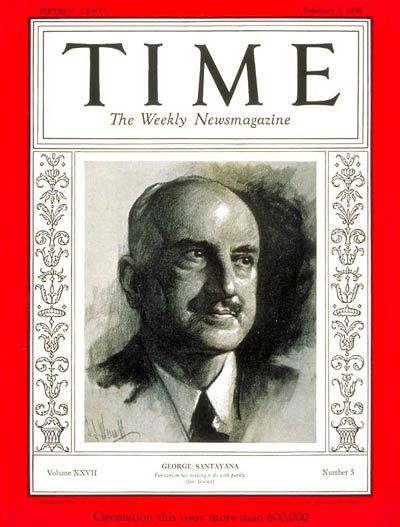
Human beings are animals. This was one of the crucial insights we get from Darwin, one of the reasons his theory of evolution was revolutionary. People didn’t think about human beings as animals, because we are so different from them, it was thought. Santayana was of course one to appreciate the qualities of humanity, yet he recognized that at bottom, when you’ve searched for certainty, what is waiting for you is faith, belief that you may not be able to justify with certainty, that you are an animal, which feels, breathes, and hungers. If ever you doubt that, hold your breath and see how long you succeed. If you are bored, doubt the world and the meaninglessness of anything, holding your breath for as long as you can will wake you up. Our bodies bring with them a pretty strong compulsion to keep breathing.

The certainty crowd likes to point to mathematics or logic for certainty. One plus one equals two. That is true. One of my professors likes to point out, however, that when you add one drop of water to another drop of water, you end up with one larger drop of water. So the certainty of addition can be misleading, depending on how we mean it. For the logicians who like to find issue with that illustration, I’ll say only this: the foundation of logical implication, that if x is true, then y is true, is itself a proposition about which there is profoundly interesting debate. Yes, folks, there’s in fact a book called If P, then Q. All of that might sound abstract and like gibberish, but it does in the end make sense. Here’s the tough case:

Here’s the question for the logician. Who won the bet? Believe it or not, logical convention says that Helen won the bet for reasons I won’t go into, but if you were Sam, you’d say “No way! The bet’s off. I’m not doing it. I’m not betting.” The book, If P, then Q, spends 304 pages thinking through debates and challenges for understanding one of the most basic concepts of logic.
In short, there’s strong reason to think Santayana and Dewey are right. We should recognize the limits of human knowledge, accept them – as good stoics, you may recall from episode 1, who accept what they can’t control. If ultimately all knowledge rests on faith, or on something uncertain, then what Dewey called The Quest for Certainty is actually a fool’s errand. Wisdom comes from returning to Plato’s recognition of our ignorance, and then being pragmatic. Dewey’s move is to think about knowledge pragmatically as something short of certainty. It is therefore something that can adapt. Anything we think we know, we must be open to learning more about, even the basic concepts of logic. Human beings are fallible, capable of error, even about things that we think we know really well.


I said that understanding the nature of knowledge can help people like Jack, Sally, and me and you. It can. There are also tools we can use to cope with uncertainty, or better, to live happy lives despite it. The first such tool is insurance. There was a time when houses were far less safely designed and managed than they are today. Building codes are a kind of insurance, or at least an effort to get builders to make home fires far less likely than if homes were not intelligently built. Prior to such advances, when your house burned down, that was it. You no longer had a home, and no one was committed to help you rebuild.
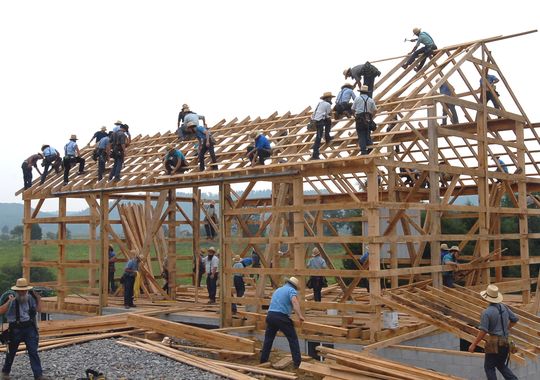
Insurance is also many things. When it isn’t one’s community commitment or a company that covers one’s home, it is found in loving family, who will travel from their community to yours to help you in difficult times. Insurance can be taken out in economic, social, emotional, and familial senses. It is one of the first great tools for protecting ourselves against the threats of uncertainty.

There are business plan courses and advisers, and business incubators, grants for new businesses, and tons more resources in every state in the U.S. Every state government wants to foster more business, if you take their Web sites to be telling the truth. So, if Jack isn’t ready yet, what he needs to do is to plan and save for the time it will take to plan. He needs to plan to plan. Yes, it sounds crazy, but it’s necessary. It takes a lot of time to develop a good plan. It often takes resources. Planning is part of the investment one needs before investing dollars in starting one’s business.

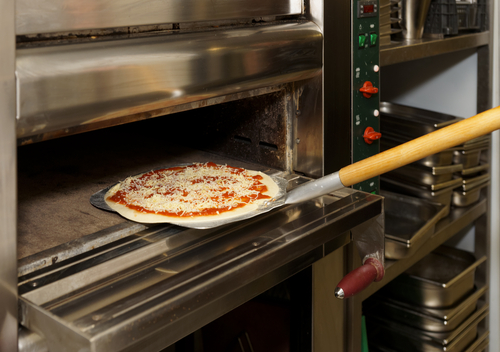
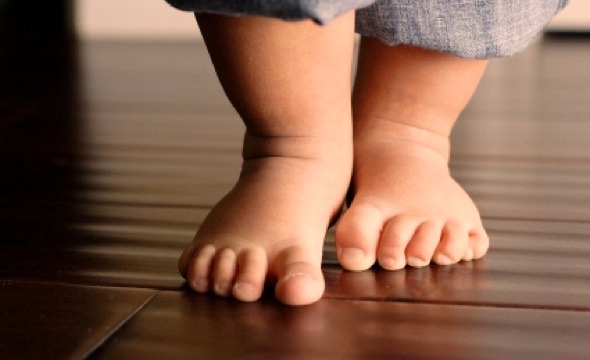
The last point to make is about habituation. What I’ve just described was a habituation of thinking, to allay my fears and to recognize that we were prepared for challenges. Aristotle, Dewey, and others have had a lot to say about habit, and with good reason. Bad habits can be devastating, but habits themselves are among the most powerful tools human beings have to live happily. I work with people every day on issues relating to critical thinking and public speaking. Fears about putting oneself out there, of speaking in public, are concerns we work through and target for good habits. There’s a popular line from Eleanor Roosevelt that calls you to “Do one thing every day that scares you.” The idea is that when you make a habit of confronting things that used to make you nervous, you can become habituated even to confronting those things that you’d rather not do.

Thanks for listening to Philosophy Bakes Bread, food for thought about life and leadership. This is Eric Thomas Weber. Follow me on Twitter @PhilosophyBB.


